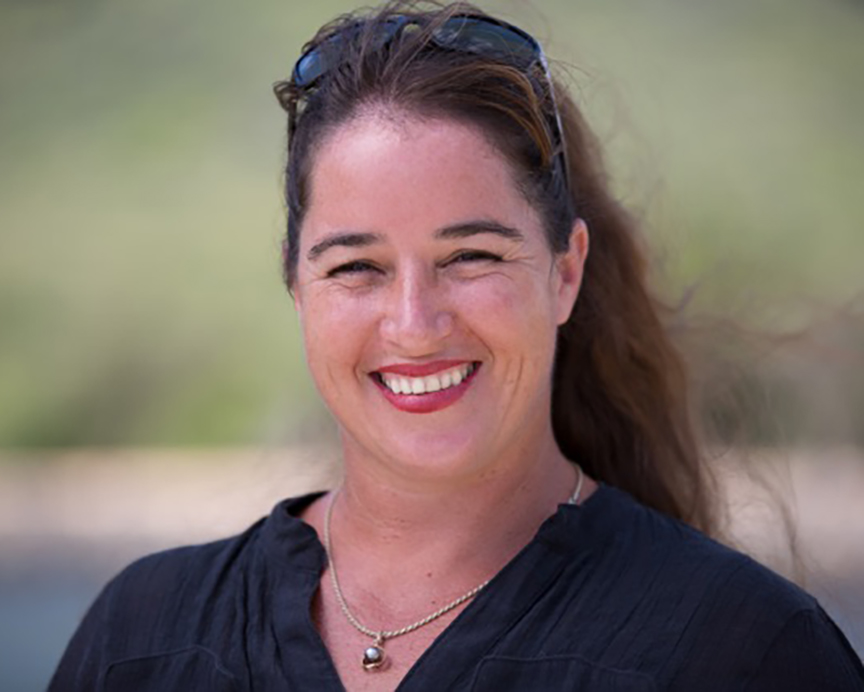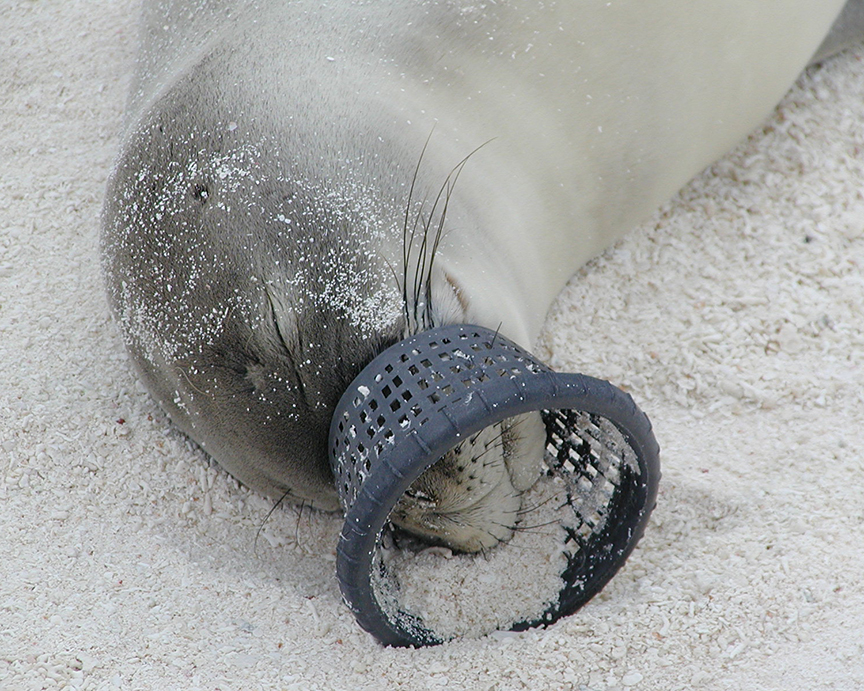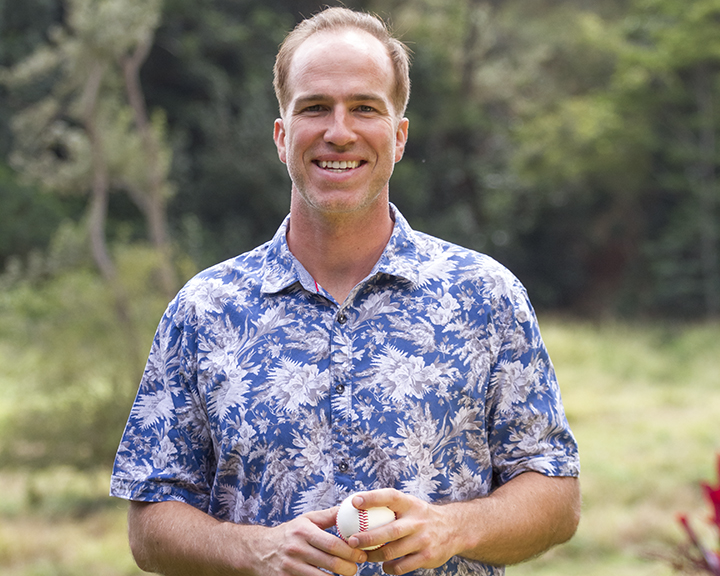By Uma Sivanathan

A fishing net weighing approximately two tons removed from the beach at Kapa‘a last year is seen here.
Through my love for research on health and relaying information to our community members, I have found there is a new, positive trend in businesses, throughout the world.
More and more businesses are becoming purpose-driven. They are not compromising values for profit. This is called conscious capitalism. Their bottom line is, “Does our product benefit people and the planet?” They hire people who care about how they impact the bigger world picture.
The voices of their employees count. In turn, the employers pay well. Everyone goes to work with inspiration. This is a big key to emotional and mental health, and happiness, because we give so much of our time to our work.
Businesses can be powerful tools to create change. Imagine businesses on Kaua‘i operating this way, and our residents — who hold great power to vote with their dollars — supporting the businesses that create products and services which make the world a better place.
What we purchase creates demand. We can be conscious consumers. We can ask ourselves if we really need a given product and if what we are doing the right thing. In turn, businesses will serve the market. We can shift toward products sustainably sourced, manufactured and distributed. We can do an Internet search to find out about the values of any given products or companies.
What does it mean to be conscious consumers? When we buy a product, we consider its short- and long-term impacts on the environment.
Let’s consider plastic packaging as part of the picture. There is a “Great Pacific Garbage Patch” in the Pacific Ocean almost twice the size of Texas. One-fifth of the garbage is thrown off ships or oil platforms. The rest comes from land. The trash is mostly made up of a variety of plastics.
In 1977, American oceanographer Charles Moore accidentally discovered this trash dump while seeking a shortcut after a yacht race. At that time, he estimated there was 100 million tons of trash circulating in the region. If the rate continued, it would double in 10 years. What does it look like 40 years later?
The risk to humans is that hundreds of millions of tiny plastic pellets work their way into the sea life, our food chain, the fish we eat and onto our plates. Trying to not buy plastic products and recycling plastic packaging will lessen impacts to our ocean ecosystem.
The ocean also becomes contaminated from our streams, rivers and wind currents. It is estimated that more than 18 tons per year of at least 22 chemicals used on Kaua‘i as pesticides and herbicides. Many of these chemicals are banned in Europe and elsewhere. The American Cancer Society states 15 out of these 22 chemicals are linked to cancer. Other studies prove these chemicals can cause autism, diabetes, Parkinson’s, Alzheimer’s, reproductive disorders, asthma, severe skin rashes, allergies, nosebleeds, migraines and birth defects.
Rain causes these chemicals to move from land to our water table and into aquifers providing drinking water. Our aquifers are so deep and large that once contaminated, it is hard to clean them up.
Our winds averaging 8-9 miles/hour carry sprayed chemicals. Sometimes, “dust devils”, or wind vortexes, pick up the chemicals and transport them miles away. This can affect our children in nearby schools and hospitals, our rivers, drinking water and ocean life.
Kaua‘i has long interconnected lava tubes running throughout the island that also can carry chemicals to the ocean.
North Shore reefs are struggling with a disease caused by cyanobacteria, the oldest organism in the world. It causes massive sea-urchin die off, decline in fish population and excessive algae growth covering reefs. Something is feeding the bacteria and something is impairing the reefs’ immune system to fight the bacteria.
Keeping our air and drinking water clean and safe is a priority. We can do this by making wise choices in the products we use.

Uma Sivanathan
Instead of farming with dangerous pesticides and herbicides, our fertile lands could be used for sustainable farming of health-promoting, high-demand, profitable crops such as cacao, olena (turmeric), ginger and coconuts.
In order to make change in the world, we need to begin in our own homes and work within our communities. If every community worldwide did that, the human race would stand a chance. Many scientists say we are at a tipping point for survival as a race.
May Kaua‘i become an example to the world.
- Uma Sivanathan is the founder of the nonprofit organization, Mana‘olana Center for Health and Healing. She can be reached at manaolanacenter@gmail.com.
Discover more from ForKauaiOnline
Subscribe to get the latest posts sent to your email.





Leave a Reply